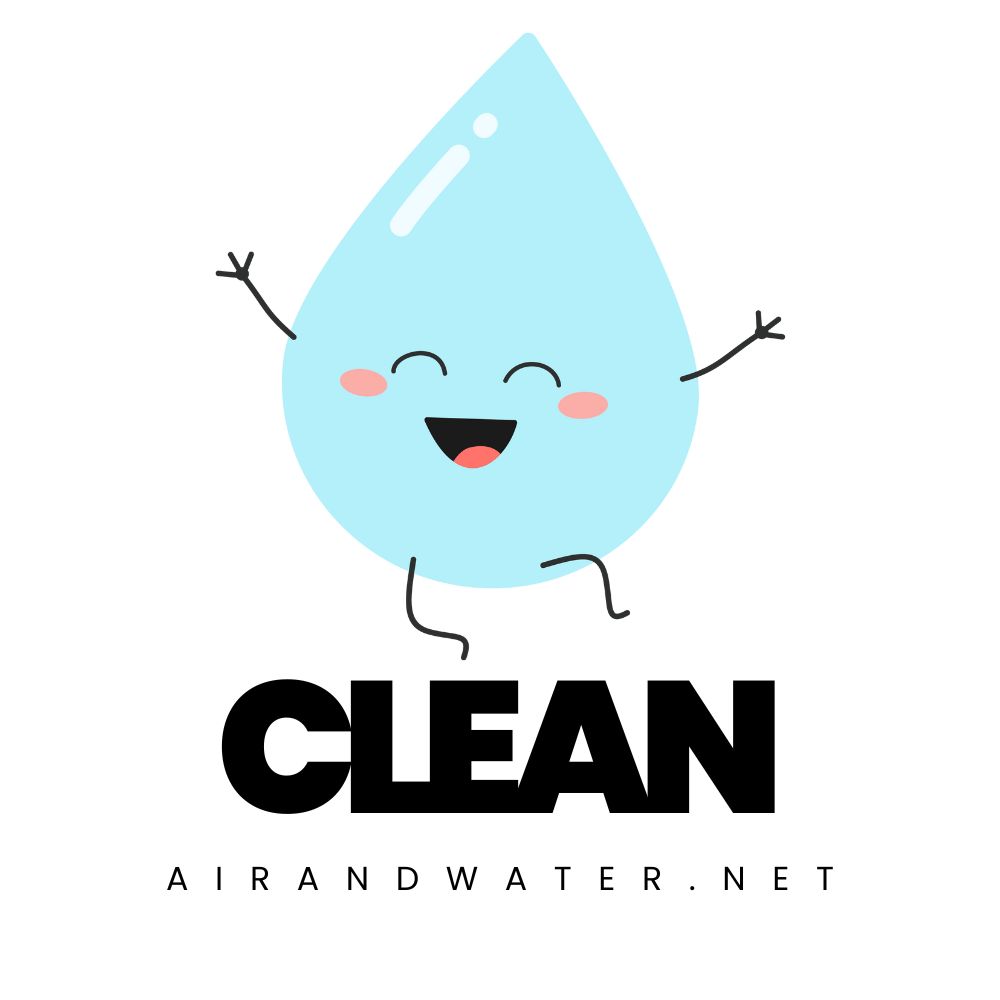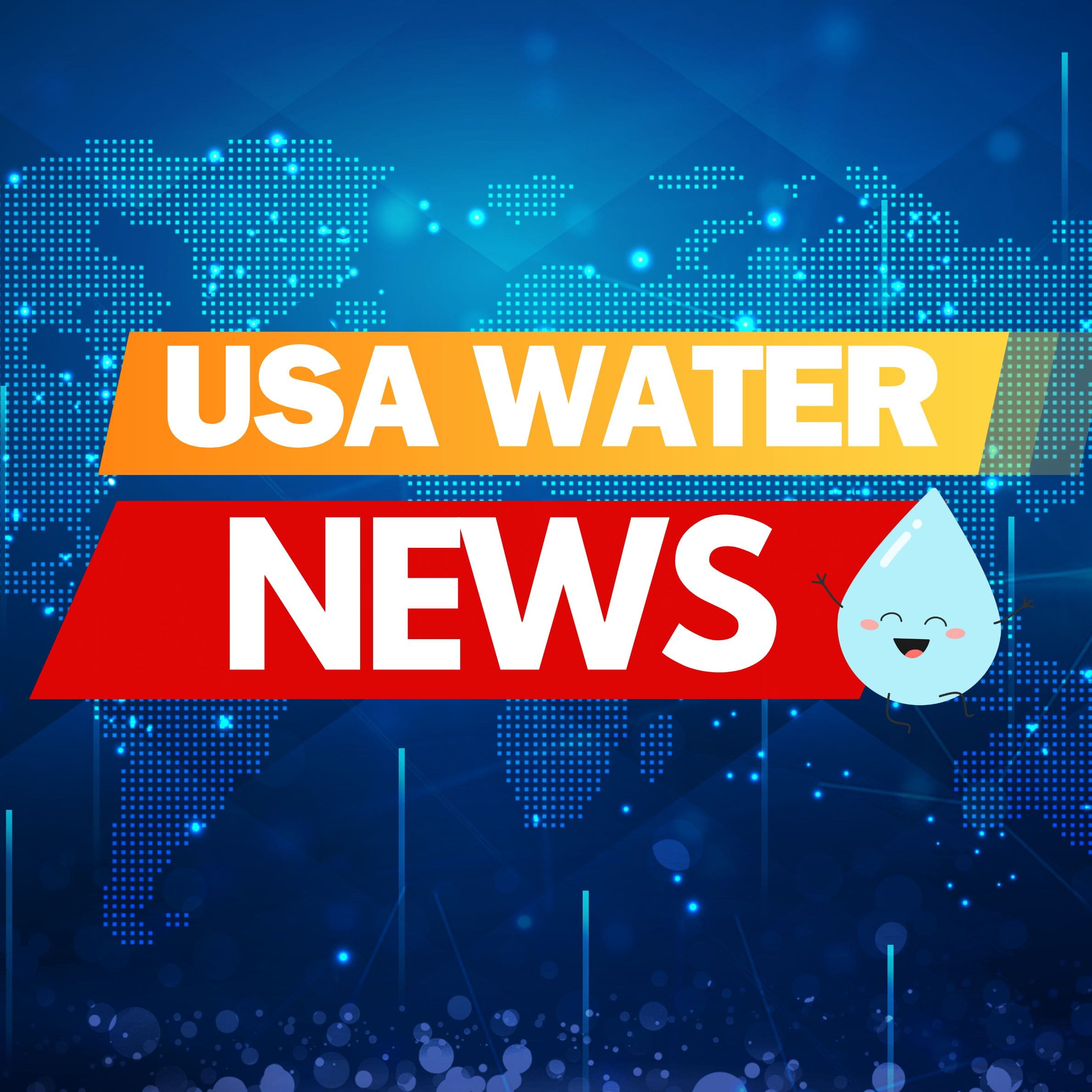Irving, Texas Water Quality at a Glance
meets standards
Is Irving Water Safe to Drink?
Generally Yes, Good Quality – Irving’s water system receives Texas’ highest “Superior” rating and generally meets federal standards. However, PFOA contamination at 4.9 ppt slightly exceeds EPA’s 4 ppt limit for this “forever chemical.” Irving gets its water from Dallas’ system, which draws from multiple surface water sources including Lakes Grapevine, Ray Hubbard, and others. The city serves over 250,000 residents with treated water that undergoes settling, filtering, and disinfection processes.
⚠️ Key Considerations for Irving Residents
- PFOA “Forever Chemical”: 4.9 ppt detected (January 2024) – exceeds EPA’s 4 ppt limit; linked to kidney cancer, testicular cancer, and other health issues
- Regional PFAS Impact: Part of Dallas-Fort Worth area where multiple water systems exceed new federal PFAS limits
- Water Source: Surface water from Dallas system – multiple lakes including Grapevine, Ray Hubbard, Ray Roberts, Tawakoni
- Treatment Process: Uses chloramines for disinfection (safer than chlorine alone), activated carbon for taste/odor control
Read the full report below for detailed analysis, regional context, and actionable recommendations for Irving residents.
Irving – Texas – Water Quality Report 2025: PFAS Testing, Infrastructure Concerns & Safety across your city
Irving Water Utilities provides comprehensive water services to approximately 250,000 residents across the city of Irving and surrounding areas in Dallas County. The Water Utilities Department serves more than 47,000 water account holders and is responsible for ensuring that Irving residents have access to safe and clean drinking water at a reasonable volume and cost. The State of Texas has designated Irving as a Superior Public Water System, the highest rating given by the state, which encompasses an advanced distribution network and multiple treatment partnerships that deliver safe drinking water to North Texas residents.
Irving’s water supply primarily comes from Dallas Water Utility, which sources water from multiple lakes including Grapevine, Ray Hubbard, Ray Roberts, Tawakoni, and Lewisville Lake, with water pumped from various sources and treated by the City of Dallas before distribution to Irving residents. Irving also maintains water rights to Jim Chapman Lake (formerly Cooper Lake) as a supplemental source. Irving’s water consistently meets all federal and state quality standards, though recent testing detected PFOA at 4.9 parts per trillion, slightly exceeding EPA’s new 4 ppt limit. The utility has implemented comprehensive testing programs, advanced treatment partnerships, and conservation initiatives to ensure sustainable water supply for future generations.
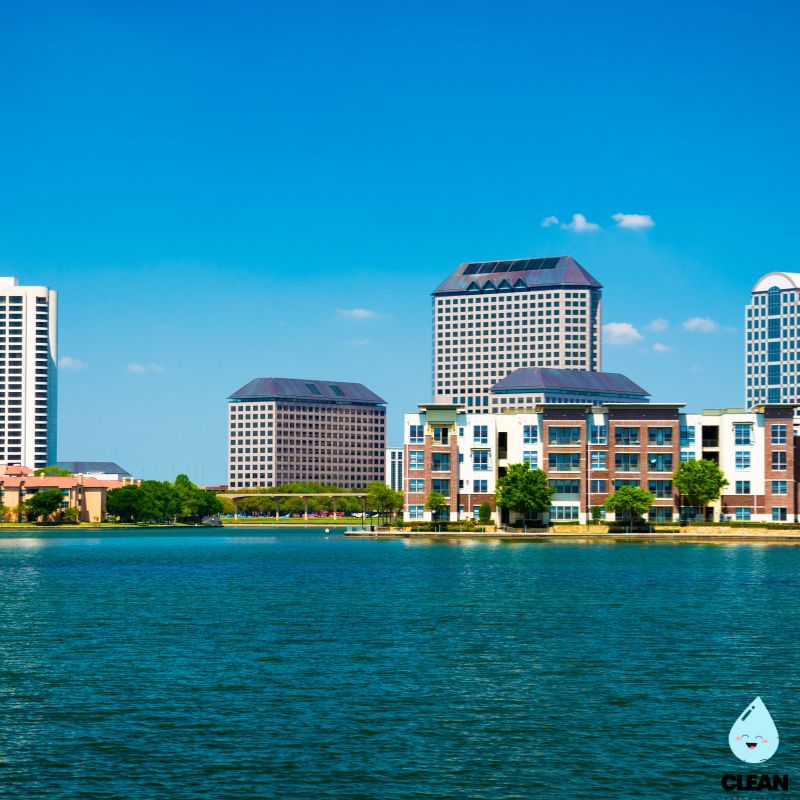
Irving Water Quality: Current Status (2024-2025)
Latest Testing Results
- Compliance Status: Data gathered from ongoing testing confirms Irving’s tap water is safe to drink and meets or exceeds all standards set by the U.S. Environmental Protection Agency, maintaining full compliance with all federal and state drinking water standards, though PFOA levels detected at 4.9 ppt slightly exceed EPA’s new 4 ppt limit established in 2024.
- Testing Scope: Irving Water Utilities conducts thousands of water quality tests each month throughout the system, including testing for many more contaminants than government standards require, with comprehensive monitoring for emerging contaminants like PFAS compounds.
- Superior Rating: The State of Texas has designated Irving as a Superior Public Water System, the highest rating given by the state, reflecting the utility’s commitment to excellence in water quality management and regulatory compliance.
Water Sources
- Dallas Water Partnership: Irving receives most of its water supply from Dallas Water Utility, which sources from multiple surface water reservoirs including Lakes Grapevine, Ray Hubbard, Ray Roberts, Tawakoni, and Lewisville Lake, serving over 1.3 million people in the Dallas-Fort Worth region.
- Jim Chapman Lake: Irving maintains water rights to this supplemental source located on the South Sulphur River in Delta and Hopkins Counties, providing additional water security for the growing metropolitan area.
- Regional Water Management: As part of the North Texas water system, Irving participates in comprehensive watershed management and protection measures to ensure long-term water supply sustainability for the region.
Advanced Treatment Technology
- Multi-Barrier Treatment: Dallas treatment facilities utilize settling, filtration, chemical treatment, and ozone disinfection to purify Irving’s drinking water through comprehensive treatment processes designed to remove contaminants and ensure safety.
- Disinfection Management: Chloramine (a combination of chlorine and ammonia) and ozone provide effective disinfection, while lime and iron sulfate remove suspended solids and provide corrosion control to protect distribution system infrastructure.
- Quality Enhancement: Activated carbon controls taste and odor, and fluoride is added for dental health protection, ensuring water quality meets both safety and aesthetic standards for consumer satisfaction.
Infrastructure Modernization
- System Maintenance: Irving maintains a complex 735-mile network of water mains, pumping stations, and storage facilities with ongoing infrastructure improvements to serve the growing metropolitan area of over 250,000 residents.
- Pump Station Upgrades: Recent infrastructure projects include tank rehabilitation at Hackberry and MacArthur Pump Stations to maintain system reliability and ensure consistent water pressure throughout the distribution network.
- Emergency Preparedness: 24/7 customer service availability and emergency response capabilities ensure rapid response to water main breaks, pressure problems, and quality concerns throughout Irving’s service area.
Customer Protection Initiatives
Irving Water Utilities provides extensive customer support through comprehensive customer service programs, serving more than 47,000 water account holders with accuracy and efficiency. The utility offers online bill payment options, 24/7 emergency service, and transparent communication through annual water quality reports available to all customers. Educational outreach helps residents understand water quality, conservation practices, and the value of water resources in North Texas. Irving’s commitment to water quality includes maintaining its Superior Public Water System designation through rigorous testing and treatment standards, while addressing emerging challenges including PFAS contamination that was detected at 4.9 ppt PFOA in January 2024, exceeding EPA’s new 4 ppt limit.
Recommendations for Irving Residents

Monitor Water Quality
Contact Irving Water Utilities Customer Service at (972) 721-2411 for water quality concerns or testing information. Review annual water quality reports available at cityofirving.org to stay informed about your water quality and PFAS monitoring results.
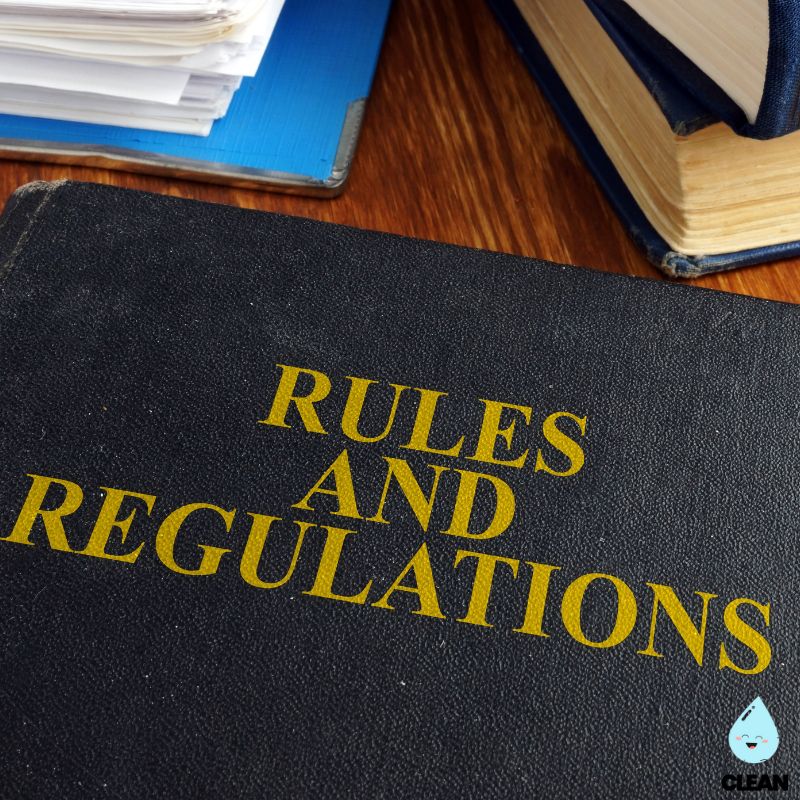
Follow Water Restrictions
Adhere to Irving’s water restrictions: odd addresses water on Wednesdays/Saturdays, even addresses on Thursdays/Sundays. No watering between 10 a.m. and 6 p.m. from April 1 through October 31 to promote conservation.

Consider Home Filtration
Given PFOA detection at 4.9 ppt (above EPA’s 4 ppt limit), consider NSF-certified filters (Standard 53 or 58) for drinking and cooking water, specifically designed to reduce PFAS compounds and chloramine taste.
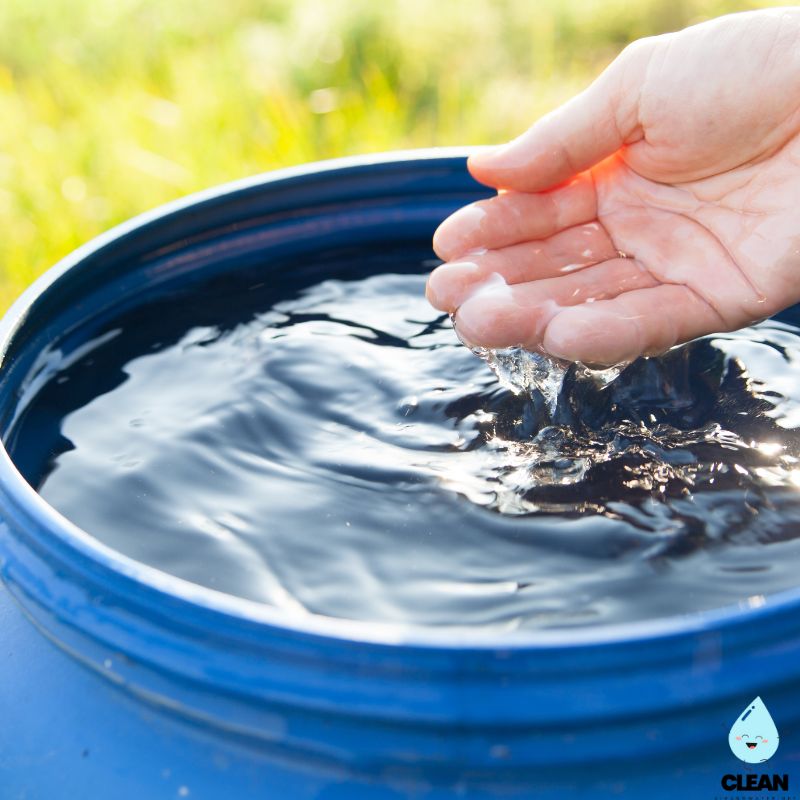
Practice Water Conservation
Choose drought-resistant plants and practice xeriscaping to reduce water usage. Regularly check for leaks in irrigation systems and home plumbing, and use water-efficient fixtures to conserve this precious resource in North Texas.

Report Issues
Contact Irving Water Utilities Customer Service at (972) 721-2411 (available 24/7) for water main breaks, pressure problems, or quality concerns. Report leaks promptly to help conserve water and maintain system integrity.
Frequently Asked Questions
Is Irving’s tap water safe to drink?
Irving’s tap water is generally safe to drink and meets most federal and state drinking water standards. Data gathered from ongoing testing confirms Irving’s tap water meets or exceeds most standards set by the U.S. Environmental Protection Agency, though recent testing detected PFOA at 4.9 parts per trillion, which slightly exceeds EPA’s new 4 ppt limit established in 2024.
Irving has earned the distinction of being designated as a Superior Public Water System by the State of Texas, the highest rating given by the state. Irving Water Utilities conducts thousands of tests monthly to ensure water quality, far exceeding government-required testing standards. The comprehensive treatment process through Dallas facilities incorporates multiple barriers against contaminants, ensuring generally safe drinking water delivery through Irving’s distribution system, though residents may want to consider filtration for PFAS reduction.
Why does my water sometimes taste or smell different?
Occasional taste and odor changes can occur due to several factors:
1. Disinfection process: Irving’s water is treated with chloramine (a combination of chlorine and ammonia) for disinfection, which may cause a noticeable chlorine-like taste or smell
2. Seasonal water quality changes: Natural variations in Dallas Water Utility source waters (Lakes Grapevine, Ray Hubbard, Ray Roberts, Tawakoni, and Lewisville) can affect taste, especially during heavy rainfall or drought periods
3. Home plumbing: Internal plumbing issues or infrequently used faucets can sometimes cause taste or odor concerns
If taste or odor issues persist, contact Irving Water Utilities at (972) 721-2411 for assistance. Often, running cold water for a few minutes after periods of non-use can help improve water quality from your tap.
Does Irving test for lead in its water system?
Yes, Irving conducts regular testing for lead and other contaminants as required by federal regulations:
• Corrosion control: The treatment process includes lime and iron sulfate for corrosion control, which helps prevent leaching of lead and copper from plumbing materials
• Regular monitoring: Comprehensive testing is conducted throughout the distribution system to ensure compliance with EPA lead and copper rules
• Treatment partnership: Dallas treatment facilities utilize advanced treatment processes that include corrosion inhibitors to minimize lead exposure
• Home testing: Residents concerned about lead in their home plumbing can contact Irving Water Utilities for guidance on testing options
Homes built before 1986 have a higher likelihood of containing lead components in internal plumbing, which is why residents in older homes should consider using cold water for drinking and cooking.
What are Irving’s current water restrictions?
Irving has implemented year-round water restrictions to promote conservation and ensure sustainable water use:
Time-of-Day Restrictions:
• No watering between 10 a.m. and 6 p.m. from April 1 through October 31 to minimize evaporation
Day-of-Week Schedule:
• Odd-numbered addresses: Watering permitted on Wednesdays and Saturdays
• Even-numbered addresses: Watering permitted on Thursdays and Sundays
• No watering: Mondays, Tuesdays, and Fridays
Additional Requirements:
• Hand-watering and drip irrigation allowed any day but must follow time restrictions
• No water runoff onto sidewalks, streets, or driveways
• Violations may result in fines and penalties
Current status and updates are available at cityofirving.org or by calling the Water Utilities Department at (972) 721-2281.
Quality News About Your Water
Get the comprehensive water quality news coverage you need with our dedicated US Water News Service. From coast to coast, we deliver in-depth reporting and expert analysis on PFAS contamination, EPA regulatory changes, infrastructure developments, and emerging water safety issues affecting communities nationwide. While mainstream media only covers the biggest stories, we provide the detailed, ongoing coverage that helps you understand the full scope of America’s water challenges. Whether you’re a concerned citizen, water professional, or community leader, our daily updates and analytical insights keep you informed about the issues that matter most to public health and environmental safety.
Contaminants of Concern

Disinfection Byproducts
Source: Formed when disinfectants such as chloramine react with naturally occurring organic matter in Dallas Water Utility source waters; levels may vary seasonally based on source water conditions
Health Effects: Long-term exposure to elevated levels may increase risk of certain cancers and potentially affect liver, kidney, and central nervous system function
Current Levels: Monitored regularly throughout Irving’s distribution system with levels maintained below EPA maximum contaminant levels EPA Limits: 80 ppb for total trihalomethanes (TTHMs) and 60 ppb for haloacetic acids (HAA5)

PFAS Compounds
Source: Per- and polyfluoroalkyl substances originating from industrial processes, firefighting foams, and consumer products that can enter source waters and persist in the environment indefinitely
Health Effects: Research suggests potential concerns including impacts on immune system, thyroid function, cholesterol levels, and possible links to kidney cancer, testicular cancer, and reproductive issues
Current Status: Irving detected PFOA at 4.9 parts per trillion in January 2024, exceeding EPA’s new 4 ppt limit. Irving was among North Texas cities reporting PFAS concentrations above new EPA limits, along with Dallas, Farmers Branch, Duncanville and Flower Mound EPA Action: New federal regulations for specific PFAS compounds were finalized in 2024, requiring water systems to implement treatment if levels exceed regulatory limits by 2029
Please read – our information
The information presented on cleanairandwater.net is compiled from official water quality reports, trusted news sources, government websites, and public health resources. While we strive for accuracy and thoroughness in our presentations, we are not scientists, engineers, or qualified water quality professionals.
Our mission is to present water quality information in an accessible, real-world format that helps people understand what’s in their water and make informed decisions about their health and safety. We believe that complex environmental information should be available to everyone in a format that’s easy to understand.
We make every effort to ensure our content is current and accurate, but we cannot guarantee that all information is complete or error-free. This website should not replace official communications from your local water utility or health department. We always recommend consulting official sources for the most up-to-date information regarding your specific water system.
Clean Air and Water is not liable for any unintentional errors, omissions, or outdated information. The content on this site is provided for informational purposes only and should not be considered professional advice.
